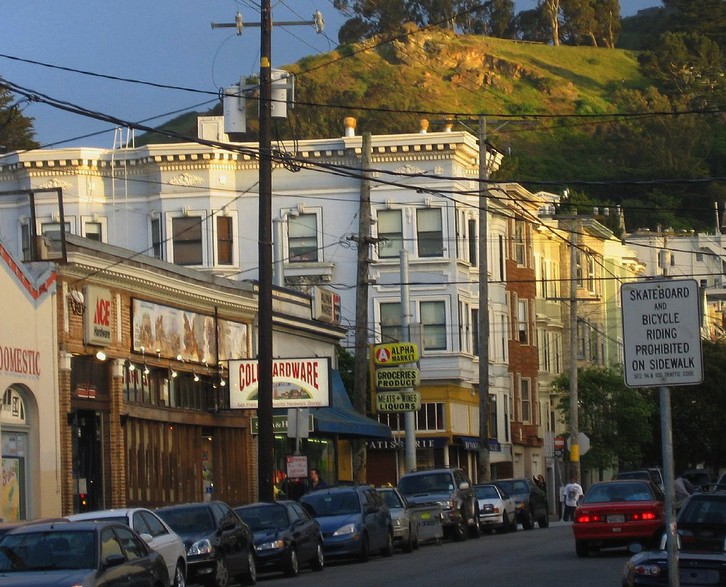U.S. News and World Report, April 18, 2014
In my column last week, I wrote of Wal-Mart and Target’s launch of organic foods and sustainable household products. This drew a mixed response from readers. For example, Stacy Mitchell of the highly-regarded Institute for Local Self Reliance, tweeted to challenge Wal-Mart’s organics program, saying any company that controls 25 percent of our food system could hardly be considered sustainable. It’s a fair point, one that questions how we respond to companies that confront us with a mix of damaging and helpful practices.
Combinations of good and bad are unfortunately all too common. Wal-Mart’s low prices appeal to consumers, but they destroy Main Street retail shops, drive down wage rates and damage local economies. Wal-Mart’s aggressive negotiations with their suppliers tend to force consolidation upstream, driving smaller independent operators out of the supply chain. The labor practices of big box chains often hurt workers and take a free ride on the backs of taxpayers. For example, when a chain that doesn’t offer health insurance wipes out local retailers that did offer insurance, the cost of health care doesn’t go away, it just gets shifted to patients themselves, and it racks up budget deficits at county hospital emergency rooms.
At the same time, many observers agree that Wal-Mart’s investment accelerated the widespread adoption of compact fluorescent light bulbs. That adoption has reduced America’s carbon emissions and slowed the pace of global warming. Now, Wal-Mart’s lower-priced organic foods will put the health benefits of organics within reach of families that otherwise couldn’t afford to eat this way. That’s a plus for economic justice. But is it enough to offset the damage to local economies? Many people don’t think so, and have worked to limit Wal-Mart’s expansion.
Locally-grounded economies offer tremendous benefits and they should be protected and nurtured. They are more diverse and resilient in the face of downturns. They build entrepreneurial and managerial skills that lead to further job growth. They often employ more people per dollar of revenue, and those dollars recirculate in the community for longer. Local owner-operators are usually better corporate citizens, providing good benefits and higher salaries. They are less likely to impose externalities like pollution and health care costs on the communities where they operate.
At the same time, big business plays an important role in sustainability due to its legitimizing value in the eyes of the public. When a small, privately-held company makes a new and sustainable product – for example, a beer made from organic ingredients or lipstick made without toxic chemicals – policymakers and others may dismiss it unfairly as too small to matter for the economy as a whole. The companies that make these products don’t get the respect they deserve either. They are sometimes unfairly derided as privately-held “do gooder” operations that don’t make serious money. As long as safe and sustainable products, and the companies that make them, are marginalized this way, it is hard for sustainability to grow as a force in our economy.
…snip…
Read the full story here.





